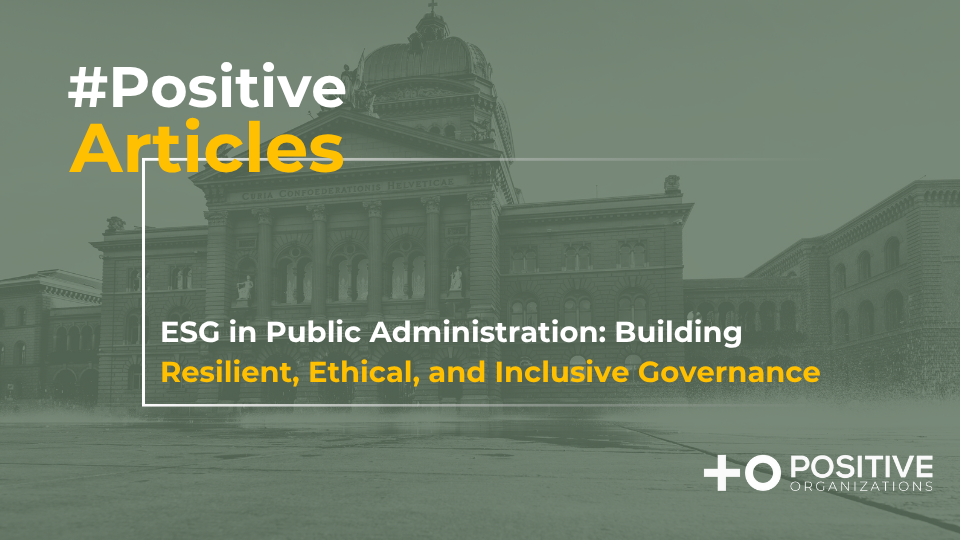News & Publications
.png)

In today's world,sustainability isn't just a trend; it's a necessity for businesses. ISO 20121 provides a comprehensive framework for organizing events that minimize harm tothe environment, society, and the economy. From small-scale festivals to large-scaleconferences, events often consume significant resources. ISO 20121 aims toaddress this by promoting sustainable practices that benefit the planet, thecommunity, and businesses.
The internationalstandard for sustainable event management was first published in 2021 and hasbeen recently updated, in February 2024, just before the Paris Olympics and inresponse to the growing demand for environmentally responsible practices in theevent industry: events, agencies, organizations, venues and suppliers are alleligible for a certification. The ISO 20121 standard is designed to beflexible, meaning it can be applied to a wide range of events, regardless ofsize or scope.
ISO 20121 providesorganizations with a voluntary international framework to manage the entirelifecycle of an event, from planning to execution and post-event activities, ina way that minimizes negative impacts and maximizes positive ones. It encouragesevent organizers to consider everything from energy use and waste management tostakeholder engagement and social responsibility.
From the revisions andimprovements made in February 2024, the ISO certification has been structuredto be cohesive with other ISO management systems to facilitate integration withother standards, and now also underlines the importance of developing clearcommunication on different channels to demonstrate compliance and thereforeprofit from the positive and lasting impact on all stakeholders. The revisedcertification now includes some considerations on climate change and alsorequires an assessment and reduction of negative impacts and maximization ofpositive ones related to ESG dimensions (Environmental, Social, andGovernance).
Most importantly, thestandard has been modified to be easier to understand and use by all theplayers in the event industry; here are the biggest changes summed up.
- Include Environmental, social, and governance (ESG) targets.
- Include risks of the organization’s activities in the mission statement.
- Sponsors and partners, which are stakeholders, should be considered as suppliers.
- A long-term view of objectives should be integrated into the policy.
- A materiality analysis should be done to assess relevant issues.
- Develop supplier relationships for consistent selection and management, and the sponsor should be consistent and aligned with the project.
- The entity should prioritize local businesses.
- A strong development focused on management commitment to management control
- Address new regulatory references and other ISO standards.
- Assess human rights and children's rights (annex D)
More generallyspeaking, success in sustainable event management starts from the top.Leadership must commit to the sustainability goals and ensure these objectivesare integrated across all aspects of event planning and execution.Organizations are required to develop a sustainability policy that outlinestheir commitment to minimizing environmental, social, and economic impacts.
The standard providesguidance on how to plan and implement sustainable practices, from wastemanagement and energy consumption to ethical procurement and communityengagement. It also emphasizes the importance of monitoring performance,evaluating outcomes, and using data to improve future events. This ensures thatsustainability efforts are not just a one-off initiative but an ongoing processof improvement.
The standardencourages open communication with all stakeholders involved in the event,including sponsors, suppliers, attendees, and local communities. Thisengagement ensures that all parties understand and support the event’ssustainability goals.
Obtaining ISO 20121certification offers numerous benefits for organizations and event planners,including:
- Enhanced Reputation: Certification showcases your commitment to sustainability, which can improve your brand image and set you apart from competitors. It signals to clients, attendees, and sponsors that your organization values environmental and social responsibility.
- Cost Savings: By adopting more efficient processes—such as reducing waste, conserving energy, and optimizing resource use—organizations can significantly reduce operational costs.
- Regulatory Compliance: Many regions are introducing stricter environmental regulations for events. ISO 20121 helps organizations stay ahead of these regulatory changes, ensuring compliance with local and international standards.
- Stakeholder Trust: Event stakeholders, from attendees to sponsors, are increasingly demanding that sustainability be prioritized. ISO 20121 certification builds trust and credibility, showing that sustainability is not just an afterthought but a core priority.
- Risk Management: The standard encourages event organizers to anticipate and mitigate potential environmental, social, and economic risks. This proactive approach can help avoid problems and ensure that events run smoothly.
To achieve ISO 20121certification, organizations must undergo an independent audit by a recognizedcertification body. This process involves:
- Initial Gap Analysis: Assessing current event management practices to identify gaps in sustainability performance.
- Developing a Sustainability Management System: Implementing the necessary changes to align with ISO 20121 standards, including creating policies, setting objectives, and engaging stakeholders.
- Third-Party Audit: An independent certification body evaluates the organization’s sustainability practices, verifying that they meet ISO 20121 requirements.
- Ongoing Improvement: Certification is not a one-time process. Organizations must continually review and update their sustainability practices to maintain certification.
ISO 20121 has seen asurge in adoption, particularly among luxury brands and large-scale events likethe Paris Olympics, which have been renovating their certification since London2012. These organizations recognize the importance of demonstrating theircommitment to sustainability and using events as platforms to promote positivechange. By implementing ISO 20121 standards, they can showcase their efforts toreduce their carbon footprint, support local communities, and align withconsumer expectations for ethical and responsible practices.
At PositiveOrganizations we are dedicated to helping organizations like yours implementISO 20121 effectively. Our team of experts can provide tailored guidance andsupport throughout the entire process. Together, we'll develop a customized ISO20121 implementation plan that aligns with your sustainability goals. We'lloffer ongoing guidance and assistance to help you maintain compliance andcontinuously improve your sustainability performance.
By partnering withPositive Organizations, you can confidently navigate the ISO 20121certification process and demonstrate your commitment to sustainable eventmanagement. Let us help you create events that leave a positive impact on theplanet and your community.
Start Your
Journey Today









.png)





